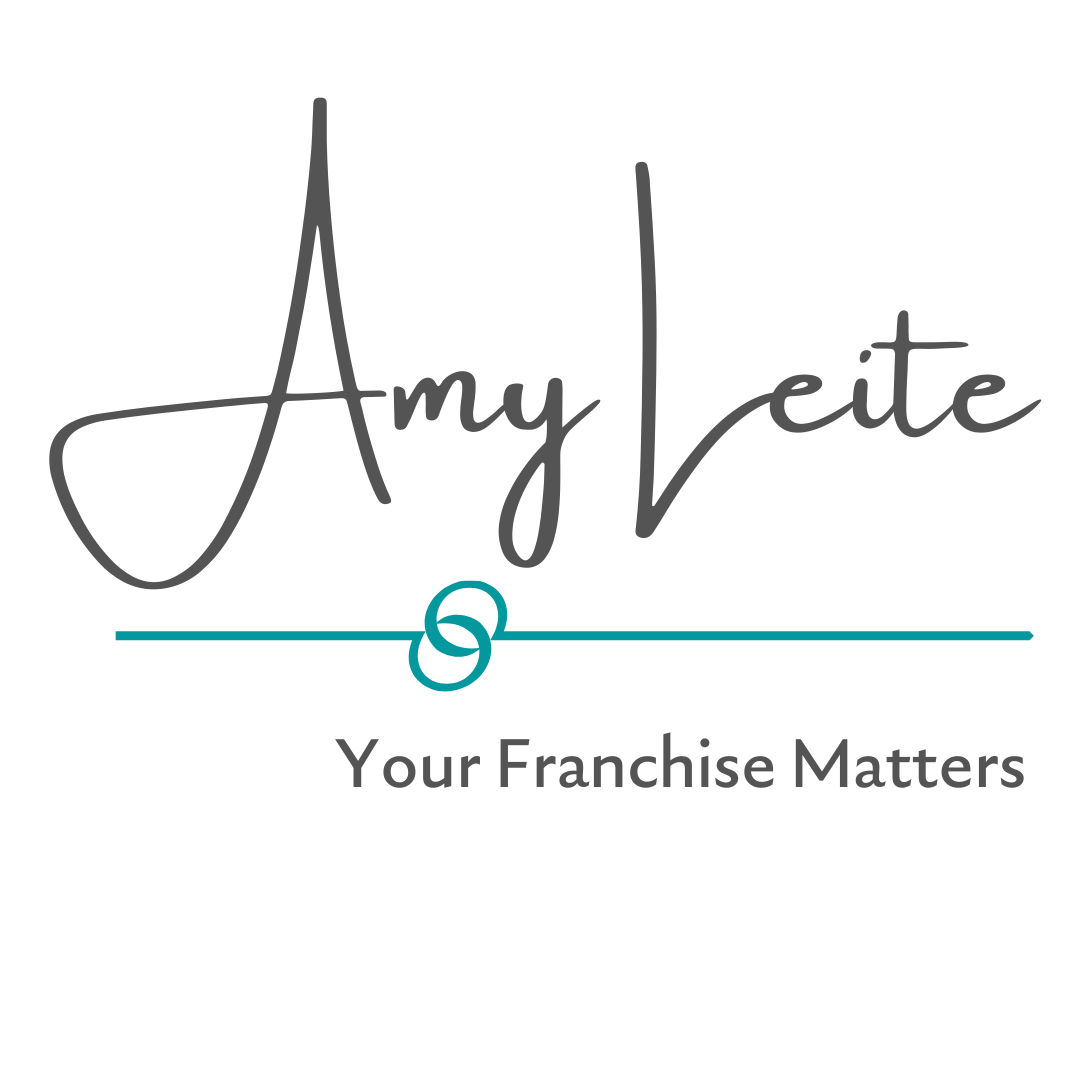
Five pros and cons every prospective franchisee should think about when considering purchasing a franchise
What exactly is a franchise?
A franchise is often described as a “business in a box” and in a lot of ways that is what it is. It is a business which has an existing brand and already has in place specific methods/systems of operating. The brand and the system will have been developed, tried, tested and refined by the brand owner, usually over a number of years.
When buying a franchise, the franchisee is granted the right to use the brand owner’s (the franchisor’s):
- Methods, system and procedures of operating the business;
- branding and trade-marks to run their own branch/outlet.
The franchisee would also have the benefit of using established marketing materials and have training, support, advice and guidance throughout the franchise relationship.
In return the franchisee pays an initial fee (an upfront sum to purchase these rights) and an ongoing (usually monthly) fee. They will agree to enter into a franchise agreement setting out the terms agreed.
What are some of the pros of taking franchise?
- Time – developing a brand and a business model that works takes time. It can take years to build a business and refine the techniques that work in practice. Franchising is intended to provide a quicker route to having a successful business and to be a short-cut through those development years. This can allow the franchisee, in theory, to get an income generating business off the ground far quicker than building a business from scratch.
- Money – every franchise comes with fees and financial commitments. The level of fees and investment will depend on the type of business but, if the method has been tried and tested properly, it can provide a decent level of income quicker than would be the case for a new start up. The franchisor will, through the development of the business, have borne the costs of methods that haven’t worked and often have invested in the protection of trade-marks, the development of marketing materials, a website and in some cases even specific software to make the operation of the business a far easier process. Each of which can save the franchisee those expensive start-up costs.
- Support – starting a business from scratch can be daunting, one of the benefits of buying a franchise is that it comes with a level of support. A good franchisor will be there to help with any concerns, complaints or snags a franchisee runs into. There should also be a good procedural/technical manual in place to help a franchisee navigate processes and procedures until they are familiar with the day-to-day operational aspects of the business.
- Training – franchises come with a training course and this should cover any procedural or regulatory matters that could be missed by someone who isn’t experienced in the industry. The value of the training and how extensive this will be will really depend on the type of business; a regulated business such as domiciliary care will usually have a longer training period than perhaps an after school club for children.
- Goodwill – a franchise often comes with the added benefit of goodwill. We all know about Costa and McDonalds (as prominent examples) because of the brand and goodwill the franchisor and its networks of franchisees have built up over the years. Brand names can entice customers in as customers know what they are getting with a brand that has recognised goodwill. They can pick up their favourite coffee or burger whether they are in Scotland or Cornwall.
What about the cons to consider?
- Long term commitment – taking a franchise is a long-term commitment. The term of a franchise agreement usually ranges from 5 years to 10 years and there are very limited ways to get out of a franchise agreement and its commitments during the term. If the franchise doesn’t go to plan either in terms of the income generated, the suitability of the type of business or changes to circumstances it can be difficult to off load the commitment. It is not able, without liability, to simply be closed down if it doesn’t work.
- Personal Guarantees – almost every franchise agreement requires the director of the franchisee company to give a personal guarantee. So, if the franchise doesn’t work out for any reason, the director can end up being personally liable for any damages claim. Alternatively, the director could find they are responsible for buying out the remainder of the term. In reality, the director’s assets are at risk. This is not usually the case when a person incorporates their own limited liability company which doesn’t operate as a franchisee.
- Hard work – buying a franchise does not mean it is guaranteed to work in the territory, or that everything is done for the franchisee. As with all business the franchisee will be expected to put in the hours and the hard work to make their franchise successful. It is the franchisor’s obligation to give the franchisee the tools it needs and which have worked for it. It is not the franchisor’s obligation to run the franchisee’s business for them or to make sure it works in the territory the franchisee is operating in. There are many reasons businesses can face challenges whether that be demographic or competition. The franchisee will need to do a lot of due diligence before committing and must bear in mind not all franchises are equal.
- Ultimately the business is not the franchisee’s indefinitely – when a franchisee buys a franchise they are paying for the right, subject to the terms of the franchise agreement, to operate the franchise business for a limited period of time (usually an initial term and rights to renew thereafter). It is a common misconception that when a franchisee buys a franchise it belongs to them and is theirs indefinitely. This is not the case. When the franchise agreement comes to an end (at the end of the term or if it is terminated) the franchisee no longer has the right to use the business system, methods of operation or branding. These belong to the franchisor. The franchisee was only ever granted a right to use them to run the business during the term of the franchise agreement.
- The Franchise Agreement – the franchisee will be subject to a lengthy and often onerous legal agreement which will be obligation heavy. Its terms will range from prescribing the opening hours that must be observed, to reporting requirements and often include minimum performance targets, minimum levels of marketing spend commitment and non-compete clauses during the term and thereafter.
As with all things, there are pros and cons that should be weighed up before committing to a franchise. Franchising isn’t right for everyone and operating a business in an already established way may not suit someone who likes to develop their own ideas and methods of operating. Ultimately, it’s a commercial decision as to whether the benefits of franchising outweigh the freedoms of developing a brand and business independently.
As always, the guidance provided in this article is not intended to replace legal advice and advice should always be taken on the specific terms of a franchise agreement before it is entered into.

